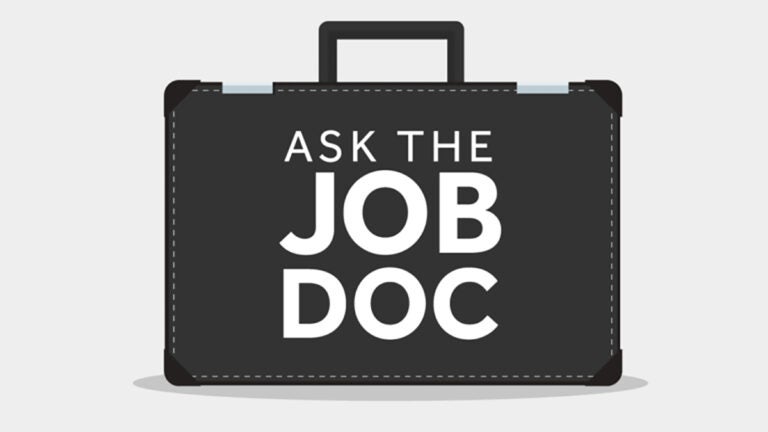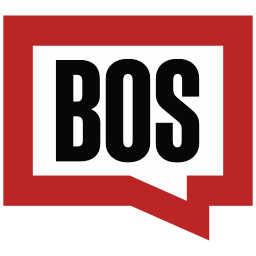Sign up for the Today newsletter
Get everything you need to know to start your day, delivered right to your inbox every morning.

Q: I work at a tax firm in Boston. For years, especially when we were dealing with the Coronavirus, we didn’t have many visitors. Now we have more deliveries and visitors. My company is building a reception desk and putting a person in that chair. The phones aren’t all that busy. I think people are worried that packages will get stolen or misplaced. We seem to get most of our visitors and package delivery representatives on Mondays, between 10am to 3pm. We used to have a woman who answered the door when someone rang a buzzer. Now they want a small number of us to greet visitors and deal with visitors and deliver packages when they arrive. They are “watching expenses” yet lots of employees take long lunches, order supplies for their homes and leave early. I was never hired to do these receptionist duties. And second, I want to take my lunch hour, and I am told that I need to cover the front desk by sitting there for an hour or two. This is preposterous. Do you have advice?
A: Here are some observations, based on what you have shared. First, many companies are trying reduce or freeze expenses. Unfortunately, there are often inequities in our workplaces. For example, someone leaves early frequently, or others take advantage of readily available equipment and supplies. However, sometimes we don’t know the full picture. Maybe the person that leaves early does not take a lunch hour and received permission to have a flexible schedule. Maybe the person who is ordering the supplies for their home is using the supplies when they work from home.
Let me address adding duties to your role. In general, an employer can add, remove, or change your duties. Typically, this happens when they are attempting to meet business needs. It sounds like post-COVID-10 your employer has more in-person visits. It sounds like their business needs have changed, which may be why they need a person sitting in your front reception area. I would guess that a tax firm receives many important documents every day, via a package delivery service.
As an employee working a full day in Massachusetts, you are likely required to work six or more hours in a single shift. If so, your employer is required to provide a 30-minute meal break. In Massachusetts, it is the law. Some industries are excluded from this law, but it is a limited number of industries. Paper mills, as an example, is excluded from this law. An employee in Massachusetts, should be able to enjoy this break and be completely relieved of work-related tasks. During this meal break, an employee should be free to leave the workplace. Employees can VOLUNTARILY work through the meal break but they should be paid for the time. Further, voluntarily should truly mean voluntarily. An employer or a manager should not be forcing an employee to work through a meal break. Breaks are important to many of us, since they allow us to briefly “re-charge the batteries” or check personal emails, phone messages, or even run a quick errand.
Meal breaks are typically unpaid since they are not counted as hours worked. Some employers may require an employee to take a meal break at a certain time, because of business needs. As an example, a retail employee may be asked to take their meal break earlier than noon or later in the afternoon. If there are several employees’ schedules to juggle, there is often less flexibility in the time of day. Business needs often dictate this schedule.
Get everything you need to know to start your day, delivered right to your inbox every morning.





Stay up to date with everything Boston. Receive the latest news and breaking updates, straight from our newsroom to your inbox.
Conversation
This discussion has ended. Please join elsewhere on Boston.com